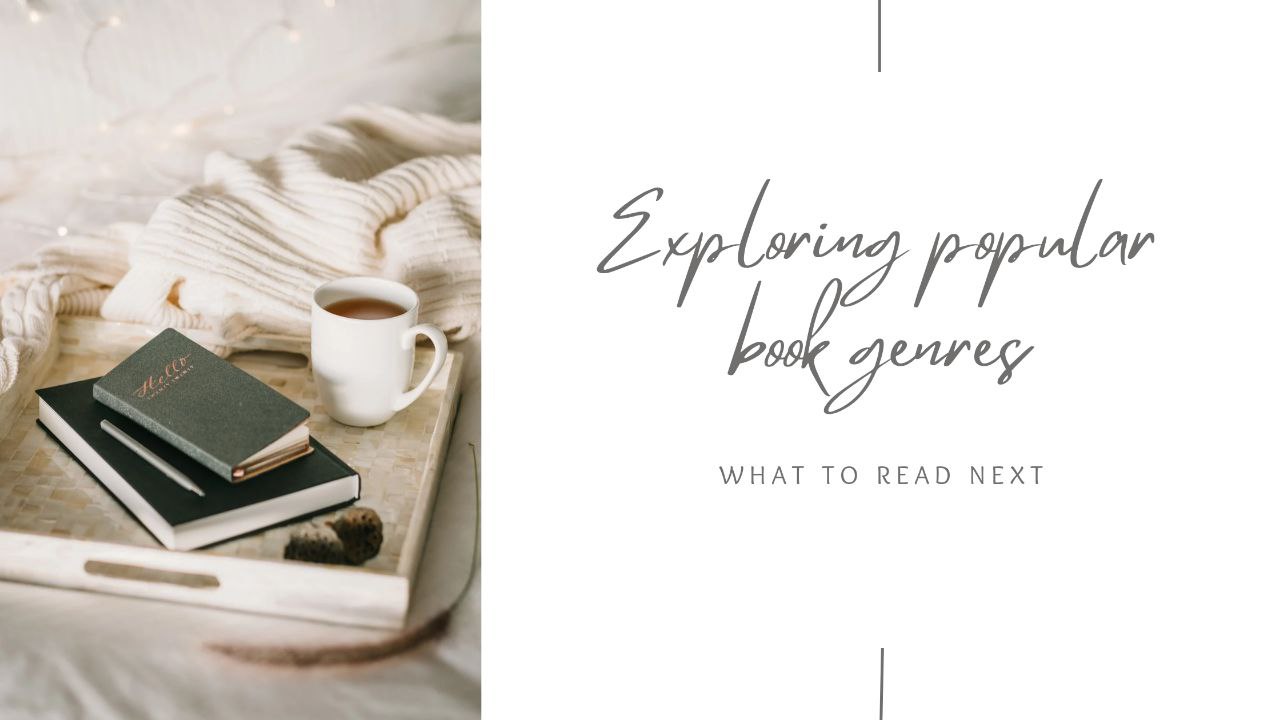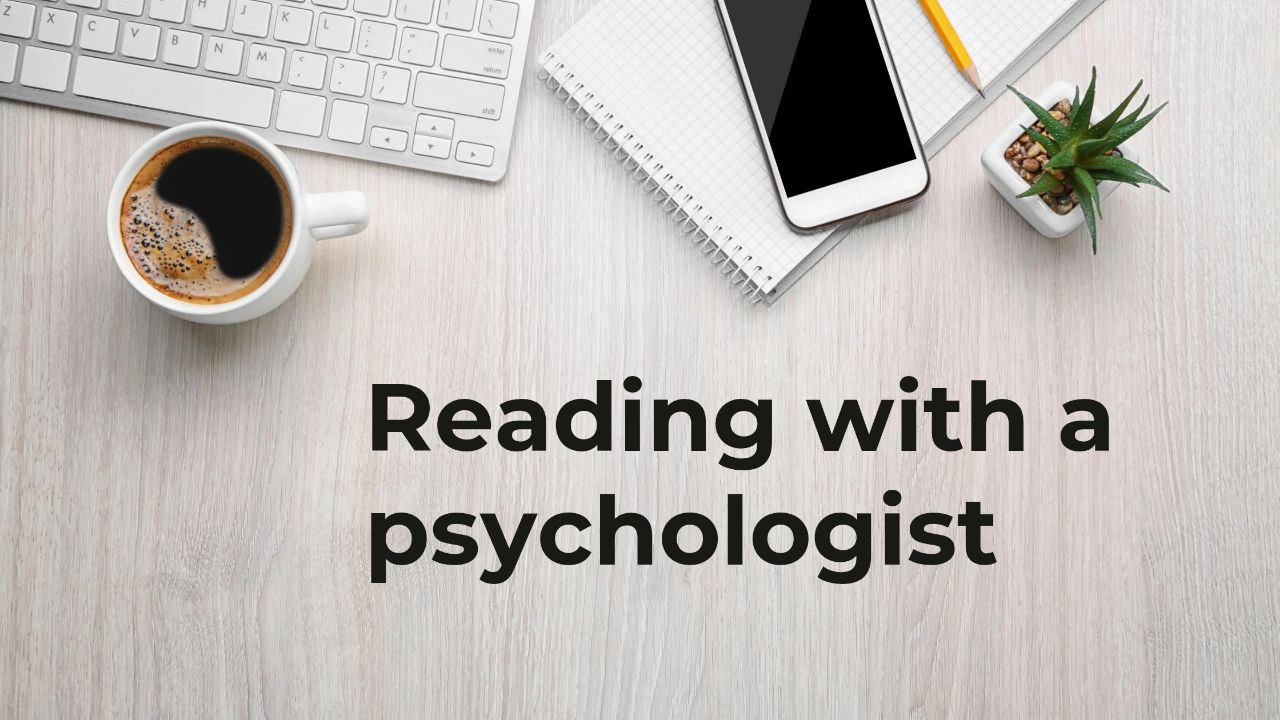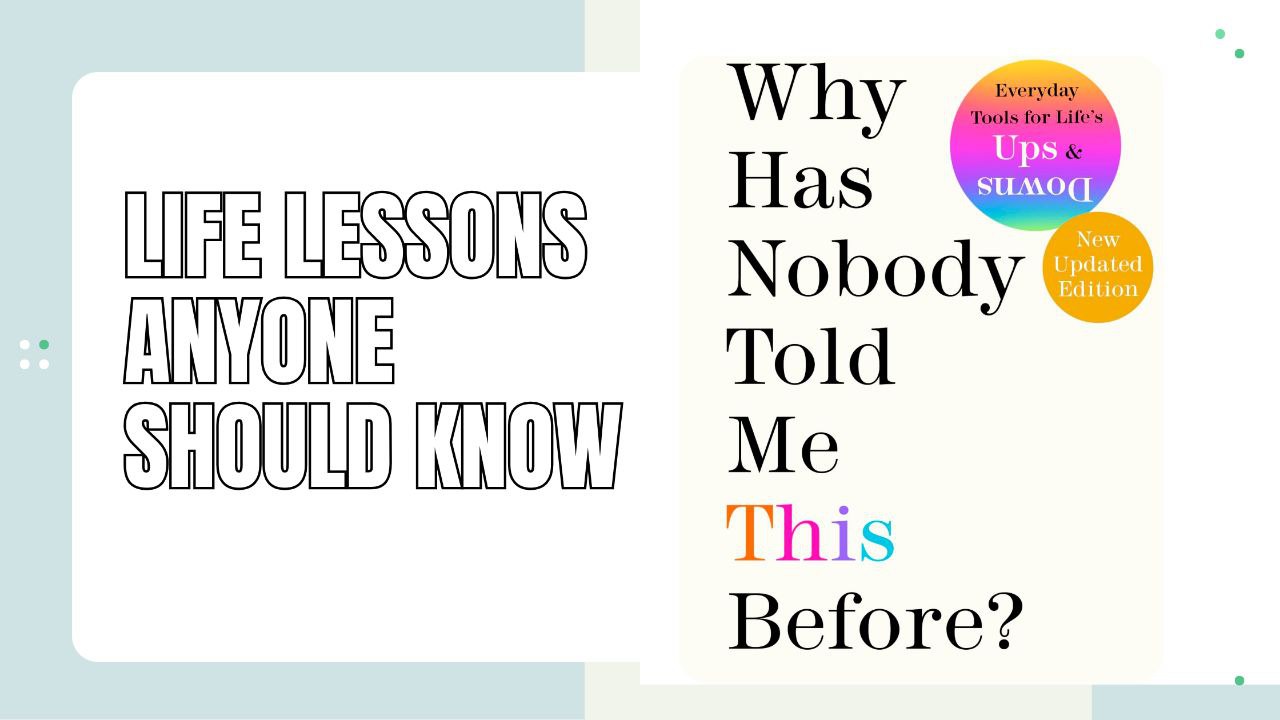I. Introduction to Book Genres
A. Definition and Importance of Genres
Genres are like the cozy nooks of the literary world—each one provides a unique atmosphere, style, and emotional experience. They categorize books in a way that helps readers find what they love while ensuring authors can focus their creativity. Whether it’s the thrilling rush of suspense or the emotional depth of literary fiction, genres play a pivotal role in shaping our reading experiences.
B. How Genres Influence Reading Choices
When we walk into a bookstore or scroll through our favorite reading app, genres guide our choices, helping to narrow down the vast array of options. They act as a compass, pointing us to stories that resonate with our interests and mood. Sometimes, a specific genre can spark a new passion—for instance, you may dive into mysteries only to discover a love for historical fiction along the way!
C. Overview of Popular Book Genres in Literature
From the fantastical realms of magic to the stark realities of memoirs, literature is full of captivating genres. Here, we’ll explore a variety of popular genres, including fiction, non-fiction, sci-fi, fantasy, and thrillers, giving you insight into what to pick up next.

II. Fiction: The Realm of Imagination
A. Literary Fiction
Characteristics of Literary Fiction Literary fiction often emphasizes character development, stylistic prose, and deep themes over action-packed plots. It invites readers to reflect on the human experience.
Notable Authors and Works Think of authors like Kazuo Ishiguro and Toni Morrison, who have crafted beautiful, poignant narratives that stay with you long after the last page.
Recommended Reading List
- “Never Let Me Go” by Kazuo Ishiguro
- “Beloved” by Toni Morrison
- “The Road” by Cormac McCarthy
B. Genre Fiction
Distinct Types of Genre FictionThis category encompasses a variety of themes and styles—mysteries, thrillers, sci-fi, and more. Each genre fiction type offers distinct pleasures.
Popular Genre Fiction ExamplesFrom Agatha Christie’s clever murder mysteries to the adventurous realms of fantasy, genre fiction is packed with exciting works.
Audience and AppealWhile literary fiction often caters to introspective readers, genre fiction appeals to a broader audience looking for entertainment, escapism, and thrill.
C. Historical Fiction
Blending History with StorytellingHistorical fiction transports readers to a different era, blending true events with imaginative storytelling. It fosters a sense of time travel through narrative.
Key Themes in Historical FictionThemes like love and survival during wartime or exploration of critical historical movements often surface in these tales.
Must-Read Historical Novels
- “All the Light We Cannot See” by Anthony Doerr
- “The Nightingale” by Kristin Hannah
- “The Book Thief” by Markus Zusak
III. Non-Fiction: Exploring Realities
A. Biography and Memoir
Differences Between Biography and Memoir Biographies are comprehensive accounts of a person’s life, typically written by someone else, while memoirs focus on specific experiences and personal reflections from the author’s life.
Impactful Biographies and Life Stories Books like “The Diary of a Young Girl” by Anne Frank resonate with readers due to their profound insights into human resilience.
How to Choose a Memoir That Resonates Look for memoirs that touch on experiences you relate to or are curious about—an exploration of family dynamics, personal struggles, or extraordinary journeys.
B. Self-Help and Personal Development
Popular Themes in Self-Help LiteratureCommon topics include confidence building, overcoming adversity, and achieving goals. These books often provide practical advice blended with inspirational stories.
Influential Titles and AuthorsThink of classics like “The Power of Habit” by Charles Duhigg or “You Are a Badass” by Jen Sincero that offer guidance and motivation.
Evaluating Self-Help EffectivenessConsider your own experiences and reflections—do the strategies resonate? Choose books that speak to you, and don’t hesitate to toss aside those that don’t.
C. Travel and Nature Writing
The Delights of Armchair Travel Travel literature allows readers to explore the globe without leaving home. Authors like Bill Bryson invite readers on humorous and heartfelt journeys.
Influential Travel Writers Writers like Pico Iyer and Bruce Chatwin weave together personal anecdotes and cultural observations that enrich the reading experience.
Connecting with Nature Through Literature Nature writing provides a doorway to the outdoors, enhancing our appreciation of the world around us. Books like “A Sand County Almanac” by Aldo Leopold ignite a love for nature in readers.
IV. Science Fiction and Fantasy: Beyond the Ordinary
A. Science Fiction: Where Imagination Meets Future
Key Themes in Science Fiction Exploring futuristic technology, alternate realities, and deep space adventures, science fiction invites readers to ponder what could lie ahead.
Significant Authors and Their Works Consider authors like Arthur C. Clarke and Philip K. Dick, whose imaginative worlds challenge our understanding of reality.
Reading Recommendations for Sci-Fi Enthusiasts
- “Dune” by Frank Herbert
- “Ender’s Game” by Orson Scott Card
- “The Left Hand of Darkness” by Ursula K. Le Guin
B. Fantasy: Worlds of Magic and Adventure
Elements of Fantasy Literature Magic, mythical creatures, and epic quests characterize fantasy literature, allowing readers to escape into wondrous landscapes.
Popular Fantasy Series and Standalones Series like “Harry Potter” and standalone novels like “The Name of the Wind” by Patrick Rothfuss create captivating realms.
Understanding Different Subgenres of Fantasy From dark fantasy to urban fantasy, exploring subgenres can lead to discovering exciting new narratives that cater to your tastes.
C. The Crossroads of Sci-Fi and Fantasy
Blurring Lines Between GenresMany authors weave elements of both sci-fi and fantasy, leading to dynamic storylines that captivate diverse audiences.
Notable Works Spanning Both GenresBooks like “The Hitchhiker’s Guide to the Galaxy” by Douglas Adams embrace both comedic sci-fi and fanciful storytelling.
The Appeal of Genre-Blending NarrativesThe mixture of elements keeps plots fresh and engaging, allowing readers to enjoy a wider spectrum of stories.
V. Thrillers and Mysteries: The Art of Suspense
A. Psychological Thriller
Characteristics of Psychological Thrillers Delving into the complexities of the human mind, psychological thrillers focus on character development and unpredictable plots.
Must-Read Psychological Suspense Novels
- “Gone Girl” by Gillian Flynn
- “The Girl on the Train” by Paula Hawkins
- “Behind Closed Doors” by B.A. Paris
Techniques to Build Suspense Authors skillfully employ unreliable narrators, unexpected twists, and gradual revelations to keep readers on the edge of their seats.
B. Mystery Novels
Classic vs. Contemporary Mysteries Classic mysteries often feature iconic detectives like Sherlock Holmes, while modern mysteries explore diverse settings and complex plots.
Iconic Detectives and Mystery Stories Characters like Hercule Poirot and Miss Marple continue to fascinate readers with their keen observational skills.
Engaging Readers Through Clues and Red Herrings Mysteries invite readers to play detective themselves, piecing together clues and navigating false leads.
C. Crime Fiction
Exploration of Criminal Mindsets Crime fiction allows readers to delve into the psychology behind crime, often revealing deep social commentaries.
Popular Crime Fiction Authors Authors like Raymond Chandler and Patricia Highsmith have made significant impacts with their compelling narratives.
Understanding Crime Fiction’s Social Commentary These stories often serve as reflective mirrors of societal issues, prompting discussions about morality and justice.
VI. Conclusion

A. Recap of Popular Book Genres Explored
From the imaginative realms of fiction to the impactful truths found in non-fiction, and the tantalizing thrills of crime narratives, we’ve covered a spectrum of genres that can satisfy diverse reading preferences.
B. Encouragement to Explore New Genres
Don’t hesitate to step beyond your usual reads! Exploring different genres can spark new interests and open up fresh perspectives in your reading life.
C. Final Thoughts on the Joy of Reading
At the heart of it, reading is a delightful adventure. Whether through fantastical journeys or thought-provoking realities, every page has the potential to transport you somewhere extraordinary.
VII. FAQs
A. What is the difference between fiction and non-fiction?
Fiction involves imaginative storytelling, while non-fiction presents factual information or real-life accounts.
B. How do I choose the right genre for my reading preferences?
Consider what emotions or themes resonate with you. Browse through different genres online or at your local library to discover what piques your interest.
C. Are there resources to help me discover new books in different genres?
Websites like Goodreads, BookBub, and even bookstores’ ‘staff picks’ sections are great for finding new book recommendations based on your favorite genres.







